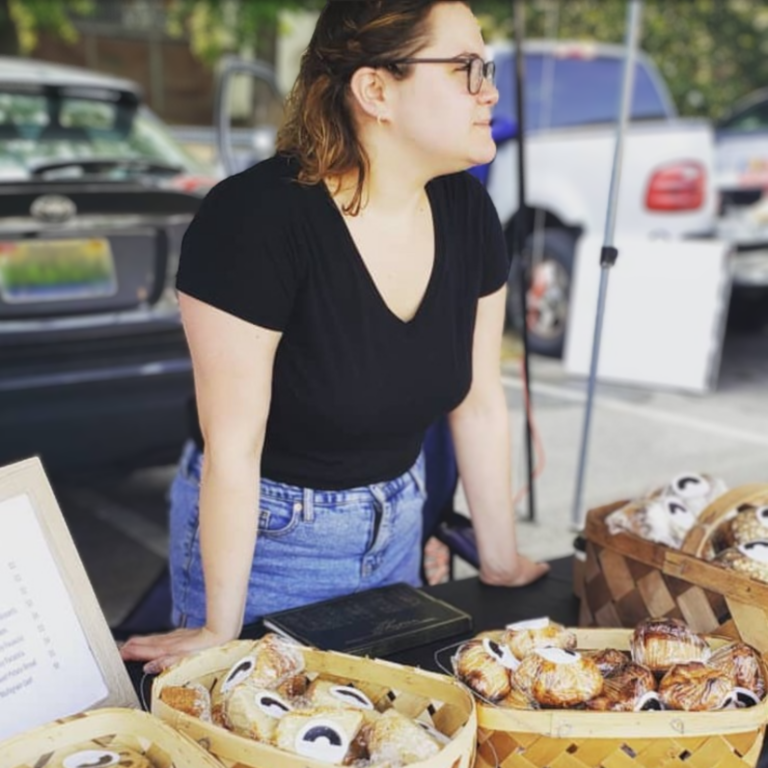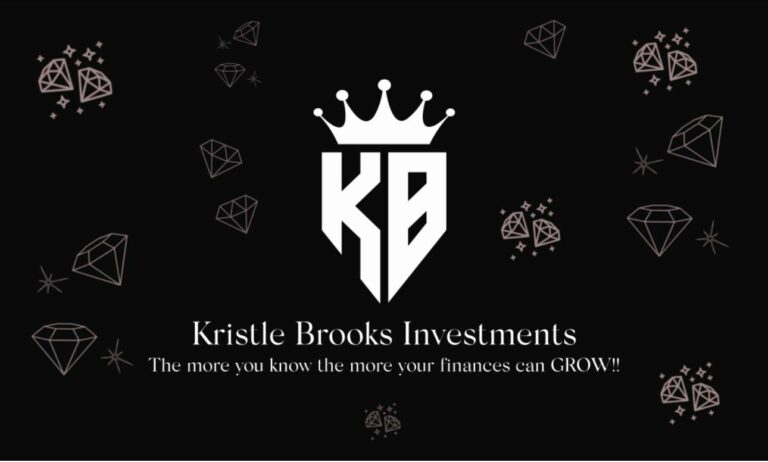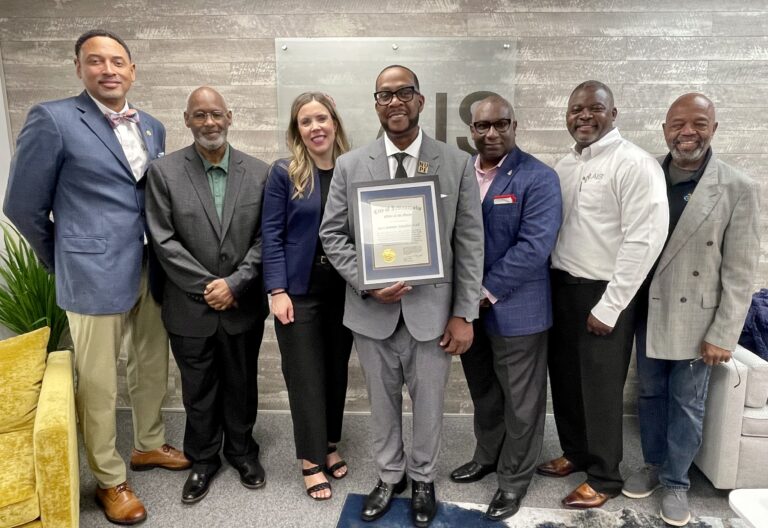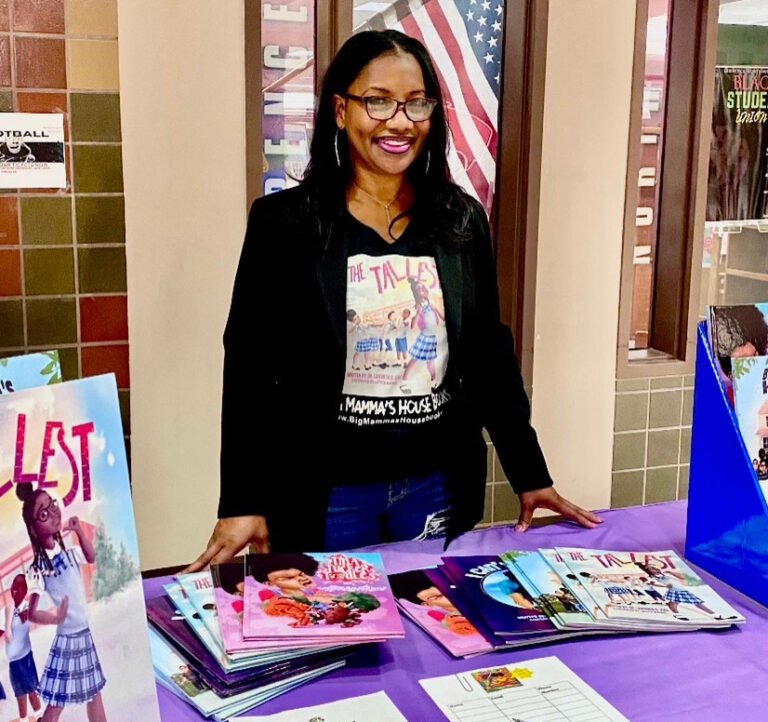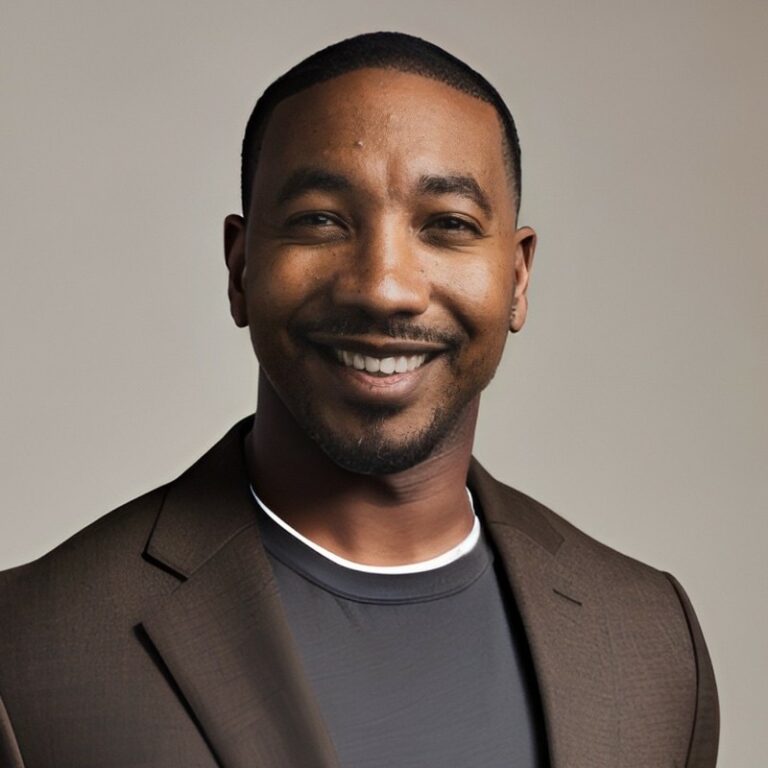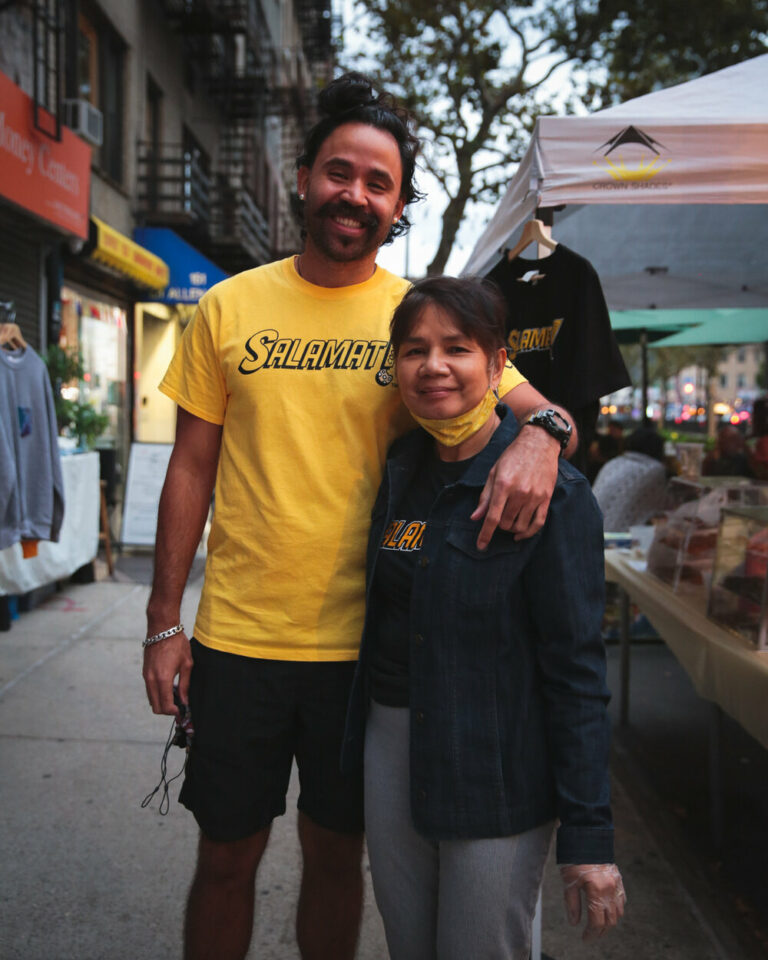Founder and baker Jen Dyess always knew she wanted to bake. The time she has spent in other peoples’ bakeries and kitchens has always led her toward one path: creating Moonlight Baking Co., a place where she can have full creative control.
Specializing in sourdough goods, Moonlight Baking Co. serves croissants, bread, pastries, croutons and so much more to those craving carbs. Dyess serves up her baked goods at farmers markets across Indy.
Dyess has been baking her whole life, but even when she wasn’t a baker in her professional career, she always made time for it on the side. “Moonlight” in the company name stems from this.
Dyess’ goal with Moonlight Baking Co is to be a staple in the local community and a place for locals to grab fresh baked goods for the week. Creating a space for equal access to good food made with real ingredients is the core of the company’s mission.
Moonlight Baking Co. has currently paused market activity as they work to build a production space. After the completion of the production space, Moonlight Baking Co. can be found at the following farmers markets:
–The Original Farmers Market
Monument Circle
Wednesday mornings, 10 a.m. to 1:30 p.m.
–SoBro Farmers Market
4842 N College Ave, Indianapolis, IN
Wednesday evenings, 4:30 p.m.- 7:30 p.m.
–Garfield Park Farmers Market
2345 Pagoda Dr, Indianapolis, IN
Saturday mornings, 9 a.m. – 12:30 p.m.
Moonlight Baking Co. is expected to be back at the farmers markets in mid-June or early July.
For more information, visit moonlightbakingcompany.com or follow @moonlight_baking_co on Instagram to stay up to date.
Contact Staff Writer Hanna Rauworth at 317-762-7854 or follow her on Instagram at @hanna.rauworth.

